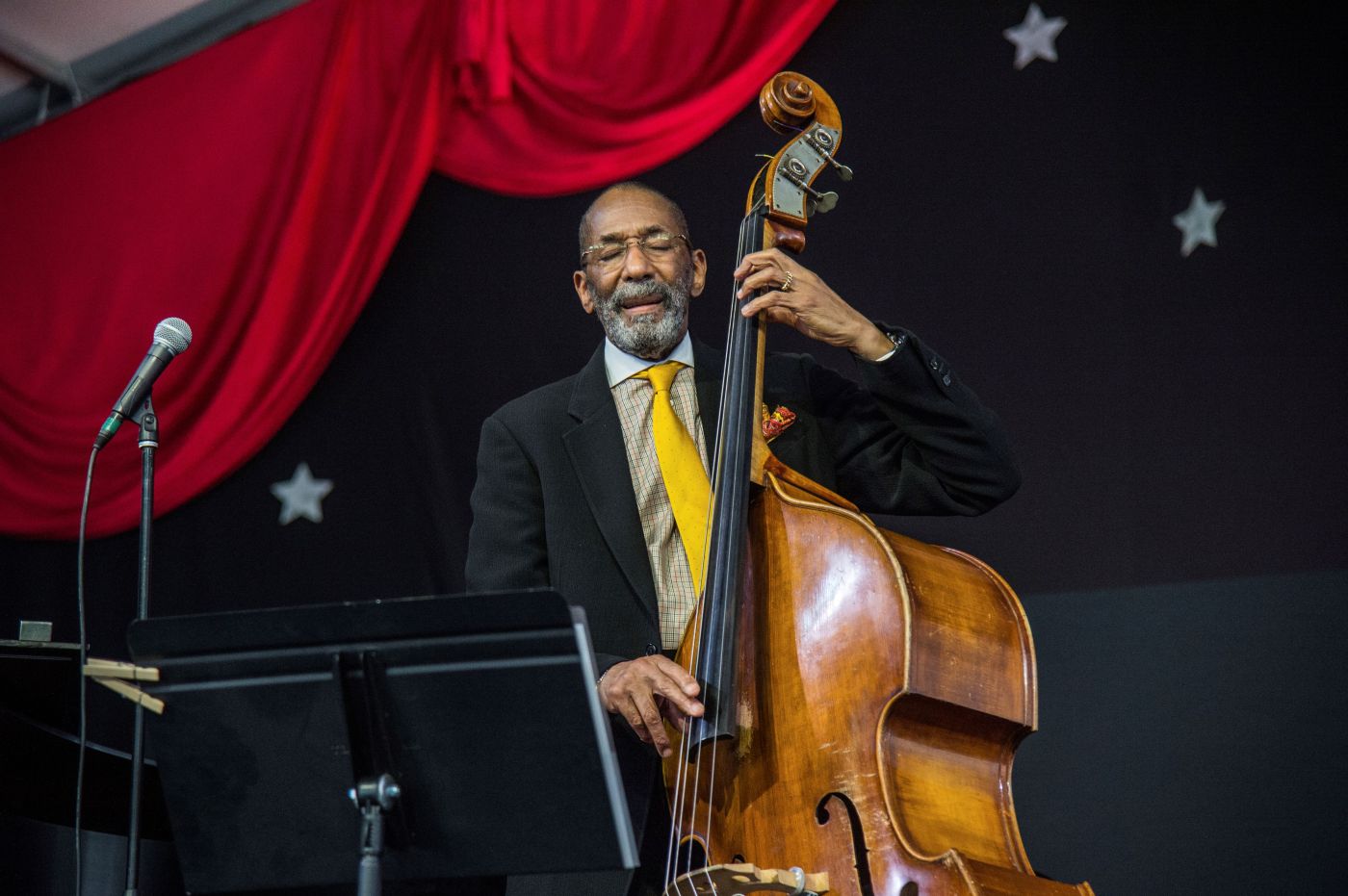The first time that Ron Carter came out to San Francisco in 1961 he was so green that he sought advice from a more experienced colleague about how to survive on the road.
Related Articles
Review: Acclaimed rock act defies expectations and makes big comeback
Cardi B brings first-ever headlining arena tour to Bay Area
2025 Rock & Roll Hall of Fame induction ceremony returns to Los Angeles on Nov. 8
Legendary rocker returns to Bay Area after dealing with health issues
Fall into these end-of-summer events in the Bay Area
A recent graduate from the Eastman School of Music, the bassist was in his early 20s and rapidly gaining attention as one of the most important and dependably inspired new players on the New York City jazz scene. Preparing to head out on the road with a trio led by hit-making soul jazz pianist Bobby Timmons, he turned to vocalist Carmen McRae for counsel about how to handle his business away from home.
“I’m starting to travel and I’m not quite sure how to do this,” he recalled on a recent video call. “How to get an advance. Laundry. Meals. Just details. I’ve got these big-time gigs with big-time people, and they expect me to be in step. Carmen was a dear friend of mine, and she gave me some things to think about, and I took those things to heart.”
Returning to the Bay Area for a four-concert SFJAZZ Center run Sept. 17-20, Carter is on the far side of a career that shows he learned those self-care lessons well. At 88, he’s far more than the most recorded bassist in jazz, with some 2,300 albums to his credit.
Named a National Endowment for the Arts Jazz Master in 1998, Carter was the crucial center of gravity that kept trumpeter Miles Davis’s epochal quintet orbiting together as they recalibrated the possibilities of group interplay from 1964-68. A scarce presence in the Bay Area over the past decade, he last performed here in 2023 at SFJAZZ Center in a one-off duo concert with trumpeter Ambrose Akinmusire.
“I asked him to bring some of his material and he trusted my judgement,” Carter said, displaying the dry professorial wit he wielded from various conservatory perches, including Juilliard and the Manhattan School of Music. “If I thought this chord needed a better place, he was understanding of my commentary, and that it wouldn’t be career threatening.”
For this SFJAZZ run, which starts Sept. 17 with a rare mid-week matinee, the Detroit native performs with his Foursight quartet featuring longtime drummer Payton Crossley and saxophonist Jimmy Greene, a recent addition to the combo “who’s got an old-timer’s concept of form and a great sound,” Carter said.
Renee Rosnes, a founding member of the SFJAZZ Collective and prolific bandleader and composer in her own right, has held down the Foursight piano chair since 2011. She returns to California next month with her all-women band Artemis for performances at Bing Concert Hall Oct. 12 and Kuumbwa Jazz Center Oct. 14.
Describing her Foursight tenure as “a true gift in my life,” she wrote in an email that Carter “has a way of making the bass a focal point while still maintaining the highest commitment of the role of the instrument within the rhythm section. The depth of his tone and swing is immeasurable and he is a genius orchestrator.”
Carter’s contributions to music extend far beyond his ubiquitous, elevating presence on an astounding number of recordings, including his role as house bassist for CTI, the 1970s Creed Taylor-run label that brought crossover pop success to jazz masters like trumpeter Freddie Hubbard, flutist Hubert Laws, saxophonist Stanley Turrentine, and guitarist George Benson.
Working closely with Rudy Van Gelder, the optometrist-turned-sound engineer who recorded thousands of essential albums for labels like Blue Note, Impulse! Prestige, and CTI, Carter helped figure out how best to record the double bass.
“We’d go into the corners of the studio and try different things,” Carter said. “We stand in different places, use different combinations of mics, different pickups, which were just developing at the time.”
He’s pursued that consistency ever since, a sonic signature that mightily impressed Heshima Mark Williams, a premiere Bay Area bassist for more than five decades.
“Every time I listen to him, he’s able to package that sound and transfer it no matter what the venue,” Williams said. “There’s little difference from the recording. You’re going to hear Ron. I’m fascinated by his ability to memorialize that sound.”
One of Carter’s earliest champions was tenor saxophonist, composer and arranger Benny Golson, who died last year at 95. In Dan Ouellette’s biography of the bassist, “Finding the Right Notes,” it’s clear that Carter’s sonic distinctiveness was present from the start.
“Many bass players play with a thump and their notes decay too soon,” Golson told Ouellette. “But Ron’s notes lingered like they didn’t want to leave.”
Contact Andrew Gilbert at [email protected].
RON CARTER QUARTET
When & where: 1 p.m. Sept. 17, 7:30 p.m. Sept. 18-20 at SFJAZZ Center, San Francisco; $40-$130; www.sfjazz.org





